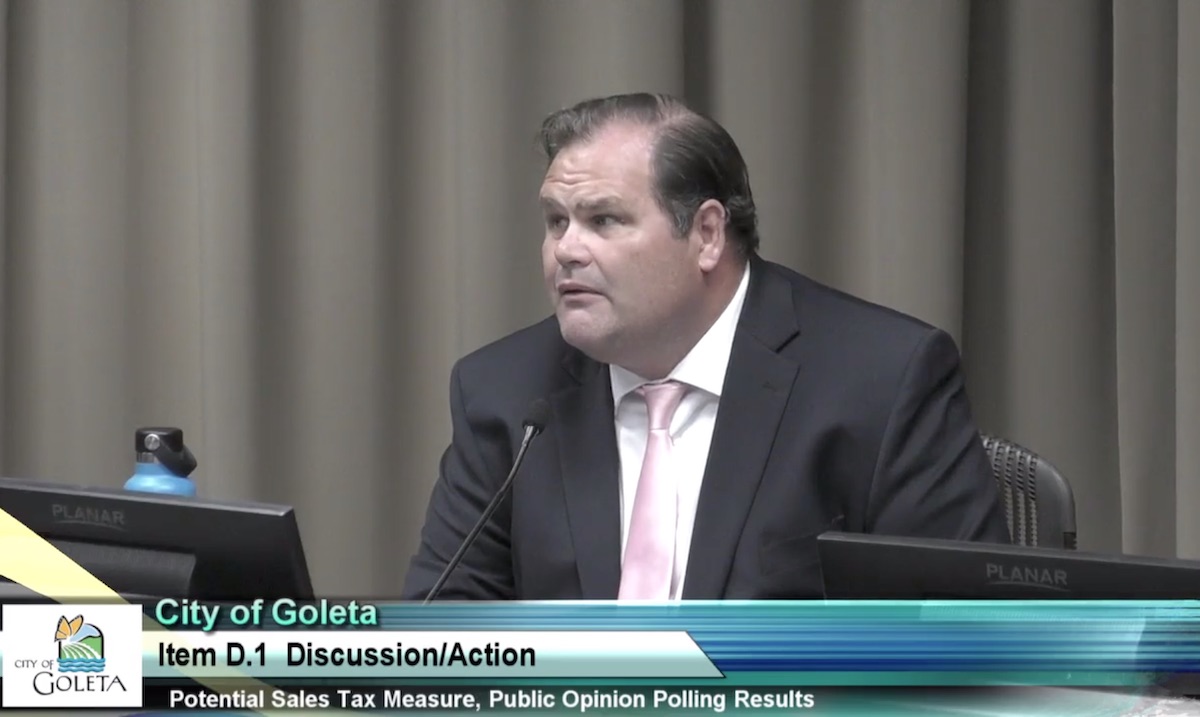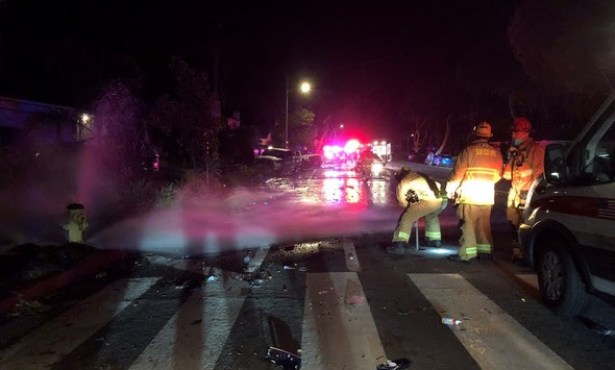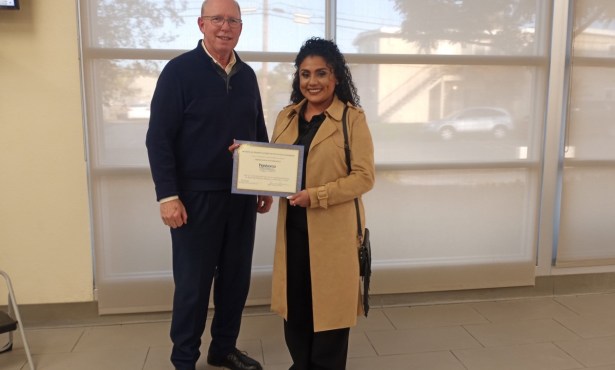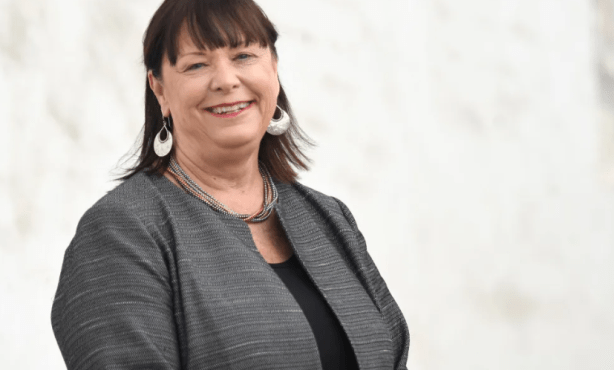Penny-on-the-Dollar Sales Tax Increase to Go to Goleta Voters
Measure Could Raise $10 Million Annually for Street Repairs and Other Needed Improvements

While a recent survey of 418 voting Goleta residents turned up more than 60 percent support for a one-penny-on-the-dollar sales tax increase, the City Council nonetheless hashed out the pros and cons in a late-night Tuesday meeting — ultimately voting 4-1 in favor of putting the tax proposal on November’s ballot.
The additional penny would raise about $10.3 million per year, about 40 percent of it likely paid by out-of-town shoppers at the city’s big-box stores. And, the money would stay in Goleta. The taxes currently raised in the city must be shared with the County of Santa Barbara because of the agreement reached when the city incorporated in 2002. Those funds — meant to compensate the county for taxes lost to the new city — totaled $4 million in property tax and $3.6 million in sales tax last year, Councilmember Kyle Richards observed, in an agreement that reached into perpetuity.
The money was needed for roads, clean creeks, and more than $8 million in the city’s annual policing contract with the Sheriff’s Office, Richards said, and the tax excludes food from the grocery store and medications. An additional one percent would also bring Goleta into line with the 8.75 percent sales tax in Santa Barbara, Santa Maria, and Lompoc. To pass, the new sales tax would require more than 50 percent of voters to vote in favor.
Councilmember James Kyriaco reinforced the public safety argument, reminding the council of the need to fund a new fire station in west Goleta and the escalating costs of the Sheriff’s contract. It went up 14 percent this year, and Goleta joined with the Sheriff’s other contracting cities — Solvang, Buellton, and Carpinteria — in an ongoing fight to bring the cost down. “The Sheriff’s contract keeps going up,” Kyriaco said, “and if the trend continues, it will exceed the new sales tax.” And, for Goleta to remain one of the safest cities in California, “We have to put our money where our mouths are,” he said.
Kyriaco also settled on an idea to delay the imposition of the tax by six months, to give businesses a chance to get ready for it. That would bring implementation to November 2023, if the measure passes on this November’s ballot.
Mayor Paula Perotte reminded the council, “It’s not us who are deciding to add the tax. We’re deciding whether to put it on the ballot. The voters will be deciding, not us.”
Councilmember Roger Aceves was the sole “no” vote, arguing that despite the city’s capital improvements project list and budget line items, he didn’t feel they had a real plan to use the money. “I can’t support it. It doesn’t look good; it doesn’t smell good; the people are not going to support it.”
Kyriaco replied that when the pandemic began, and the tax was proposed in 2020, two sets of surveys indicated support actually went up as residents understood the city’s infrastructure needs. “Hundreds of people supported it,” he said. Other cities, like Lompoc, went ahead and put a sales tax increase on the ballot, which was voted in. Kyriaco said, “The pollsters were right. The naysayers were wrong.”
Support the Santa Barbara Independent through a long-term or a single contribution.



